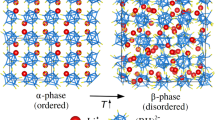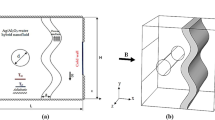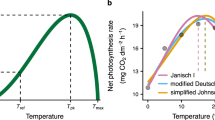Abstract
MANY of us have read with much interest the understanding obituaries of Sir Richard Threlfall that appeared in NATURE of Aug. 13. Both obituaries dwell on his inventiveness and powers of work. When looking through some old papers to-day, I found a letter from Sir Richard to his friend the late Sir Horace Darwin. In the course of a conversation on a continuous gas calorimeter, which must have taken place about 1900, Darwin suggested that it was advisable to link up automatically the quantity of water heated by the gas flame with the quantity of gas burnt. Threlfall did this, and obtained a recording calorimeter which was far in advance of any other instrument for many years. The letter was evidently written by Threlfall to Darwin after one of the concentrated periods of work referred to in the first obituary notice. It was accompanied by a clear sketch and notes in Threlfall's handwriting.
This is a preview of subscription content, access via your institution
Access options
Subscribe to this journal
Receive 51 print issues and online access
$199.00 per year
only $3.90 per issue
Buy this article
- Purchase on SpringerLink
- Instant access to the full article PDF.
USD 39.95
Prices may be subject to local taxes which are calculated during checkout
Similar content being viewed by others
Author information
Authors and Affiliations
Rights and permissions
About this article
Cite this article
WHIPPLE, R. Sir Richard Threlfall and Sir Horace Darwin. Nature 130, 367 (1932). https://doi.org/10.1038/130367c0
Issue date:
DOI: https://doi.org/10.1038/130367c0



